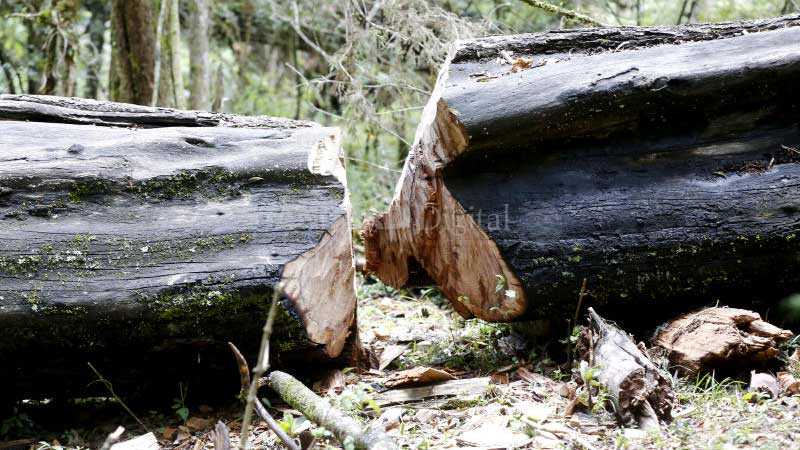
It is really gratifying to hear the chorus of condemnation on those few heartless Kenyans engaged in deforestation – or is it logging? – without thinking about the future of their children.
In the recent past, media has not only consistently reported, but also discussed the damage and risks facing us in the near future if the rate of forest destruction is not brought under control. Experts have aptly warned that Mother Nature is not taking the destructive human activity lightly. The analyses, with relevant statistics to back up claims, are convincingly presented.